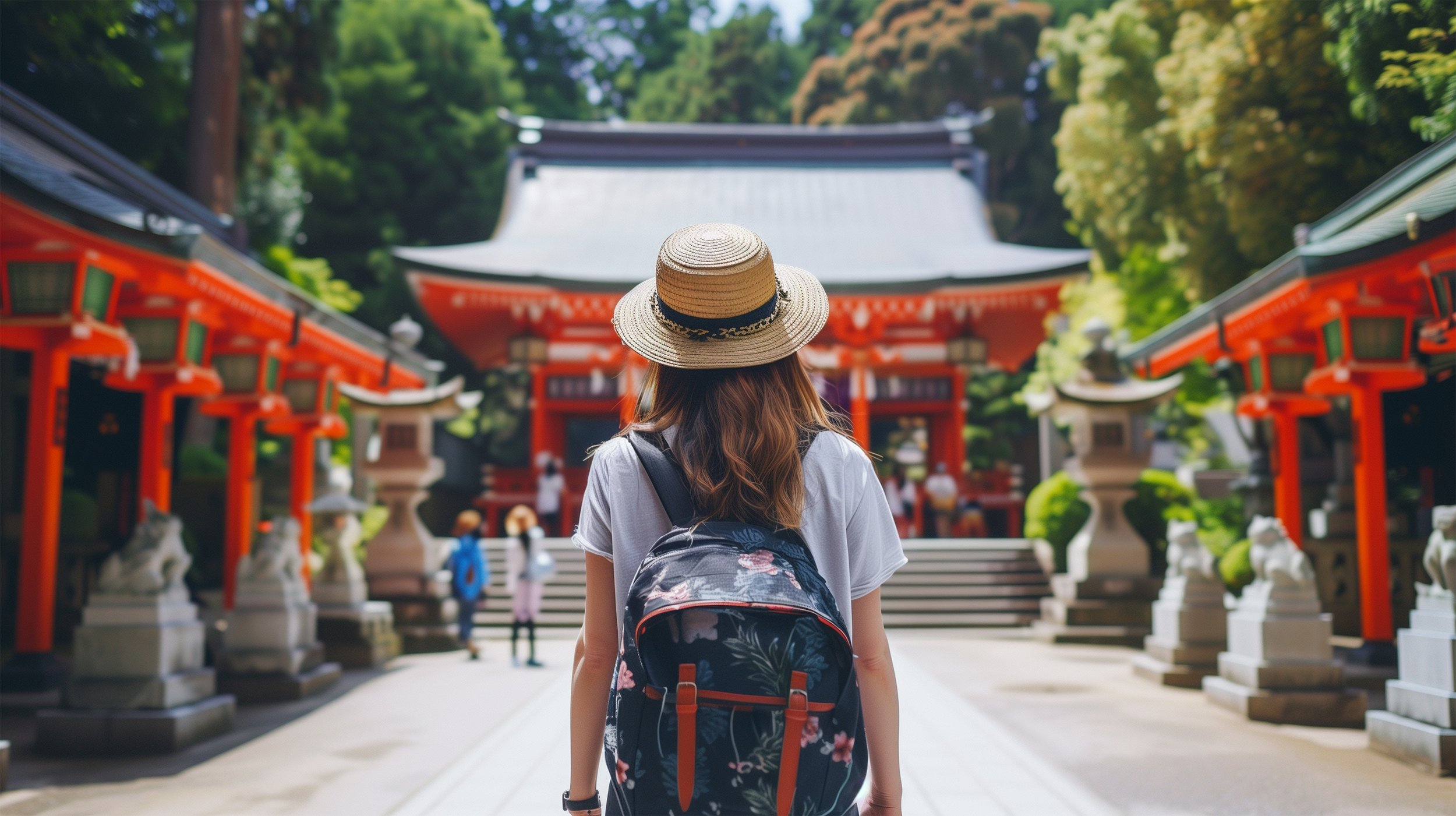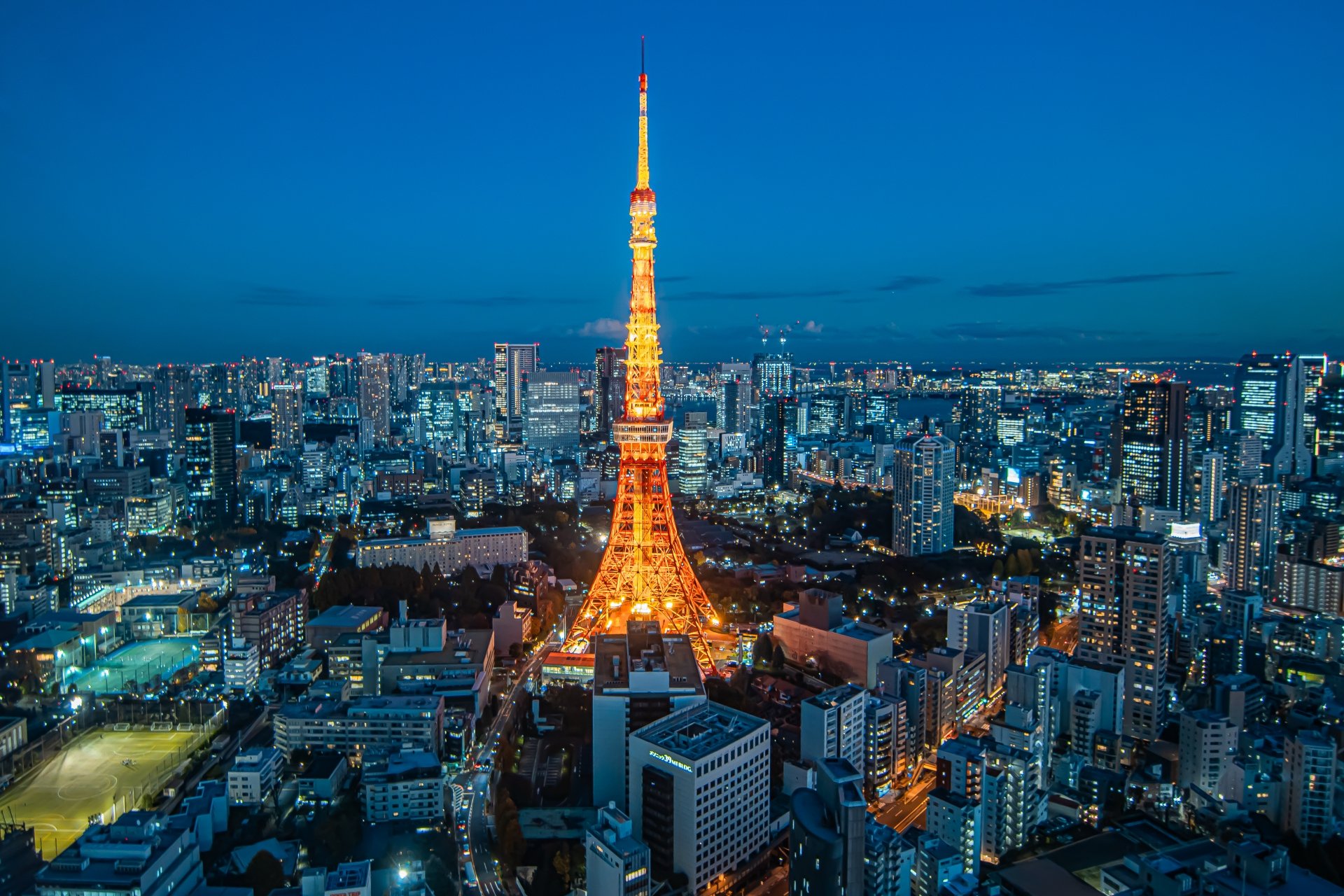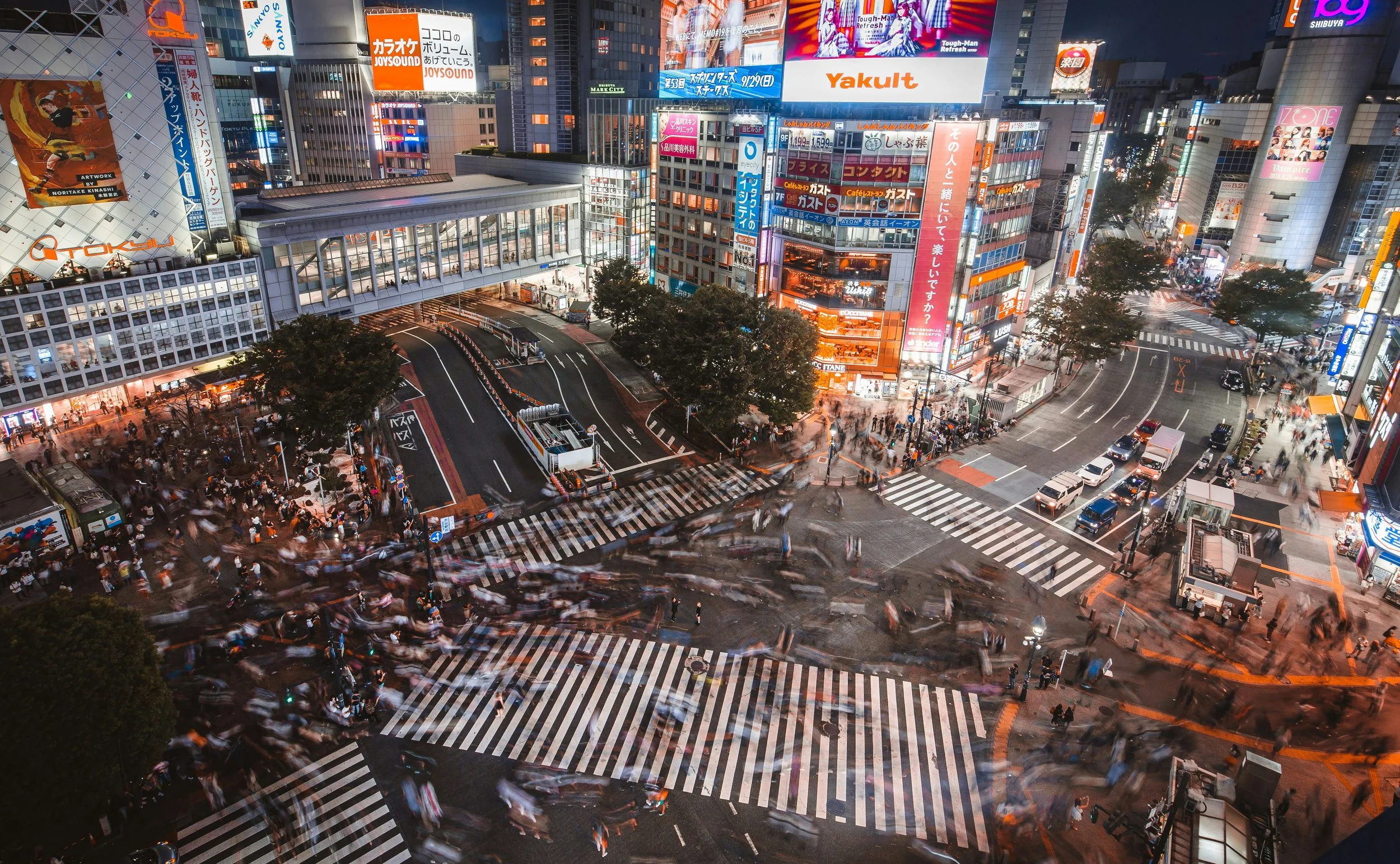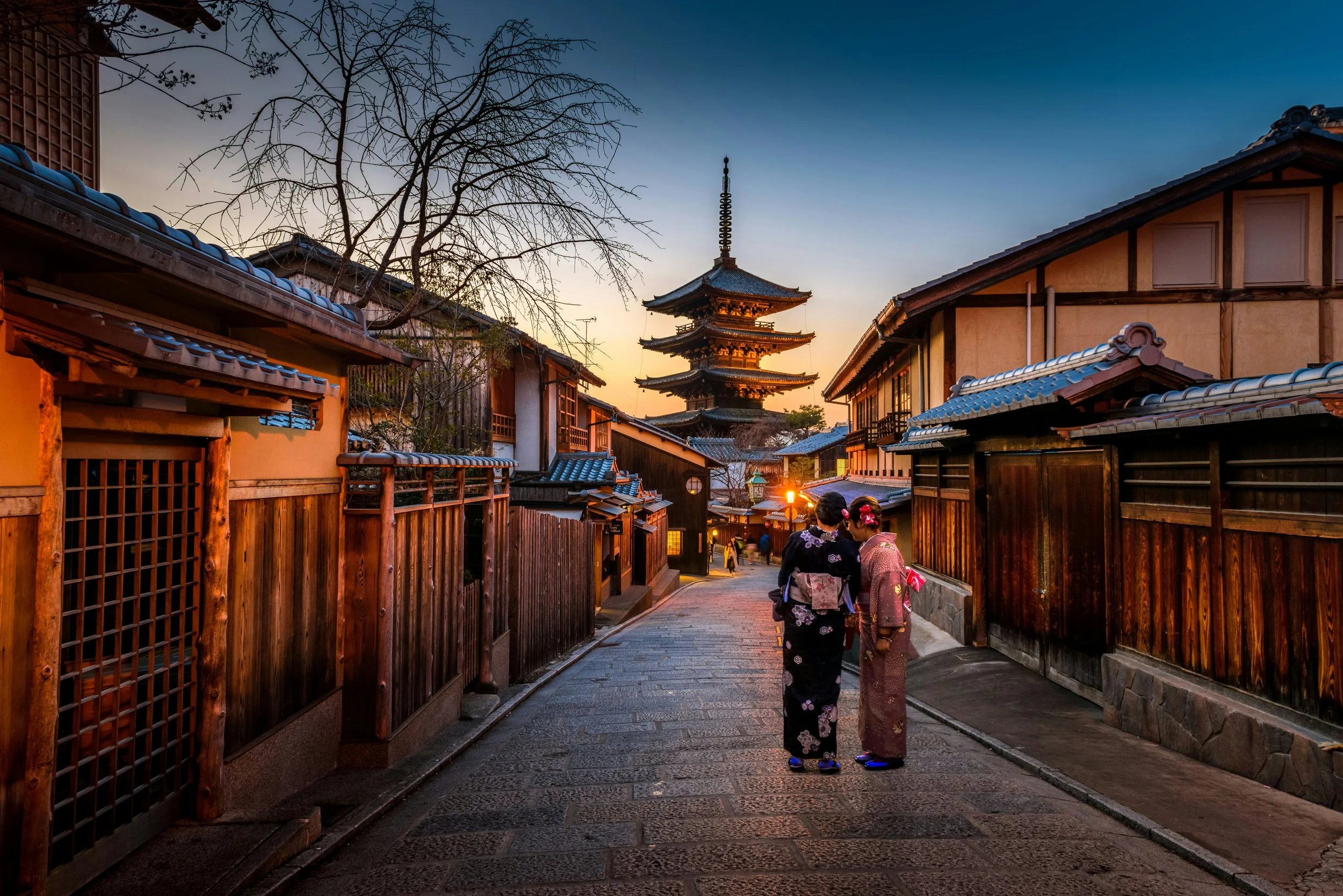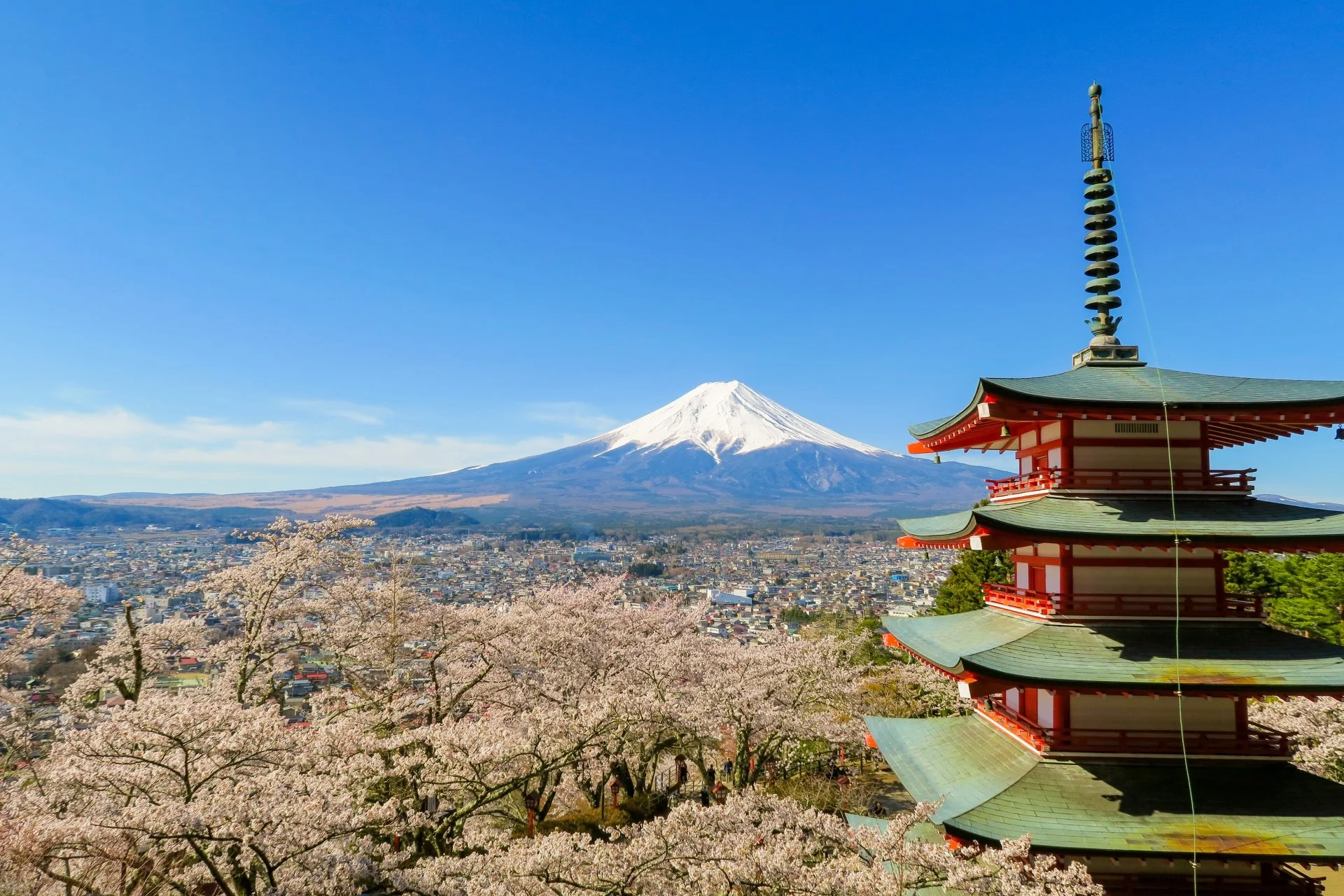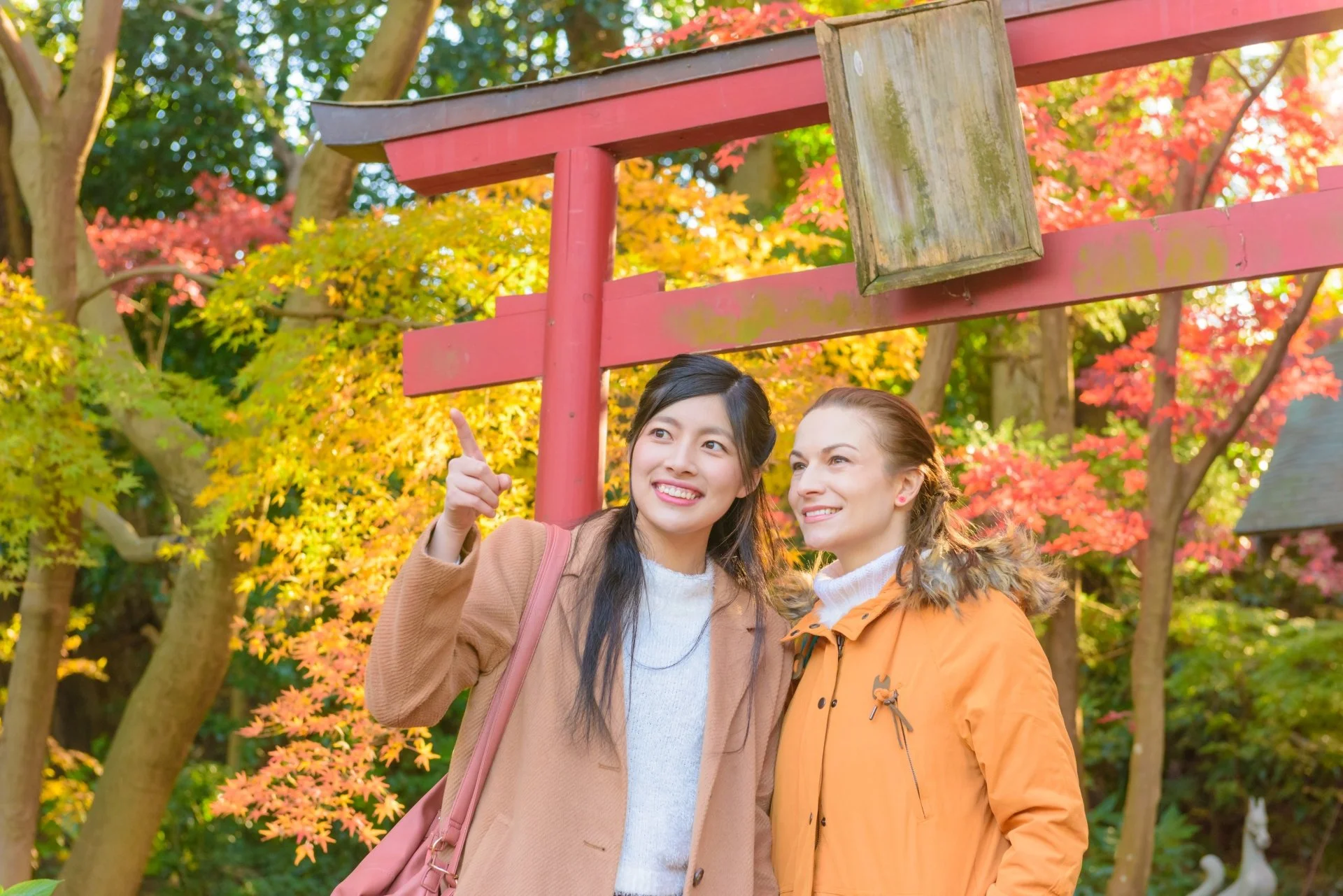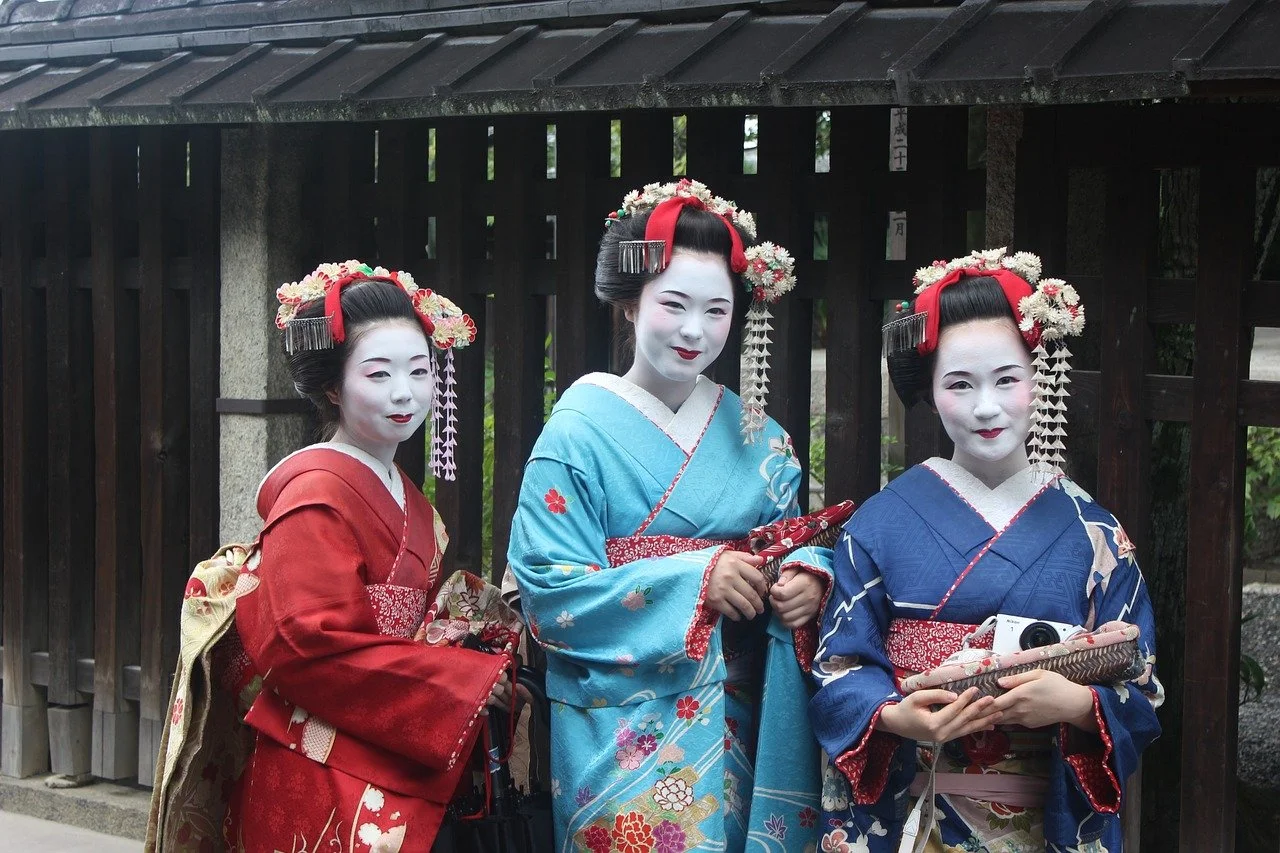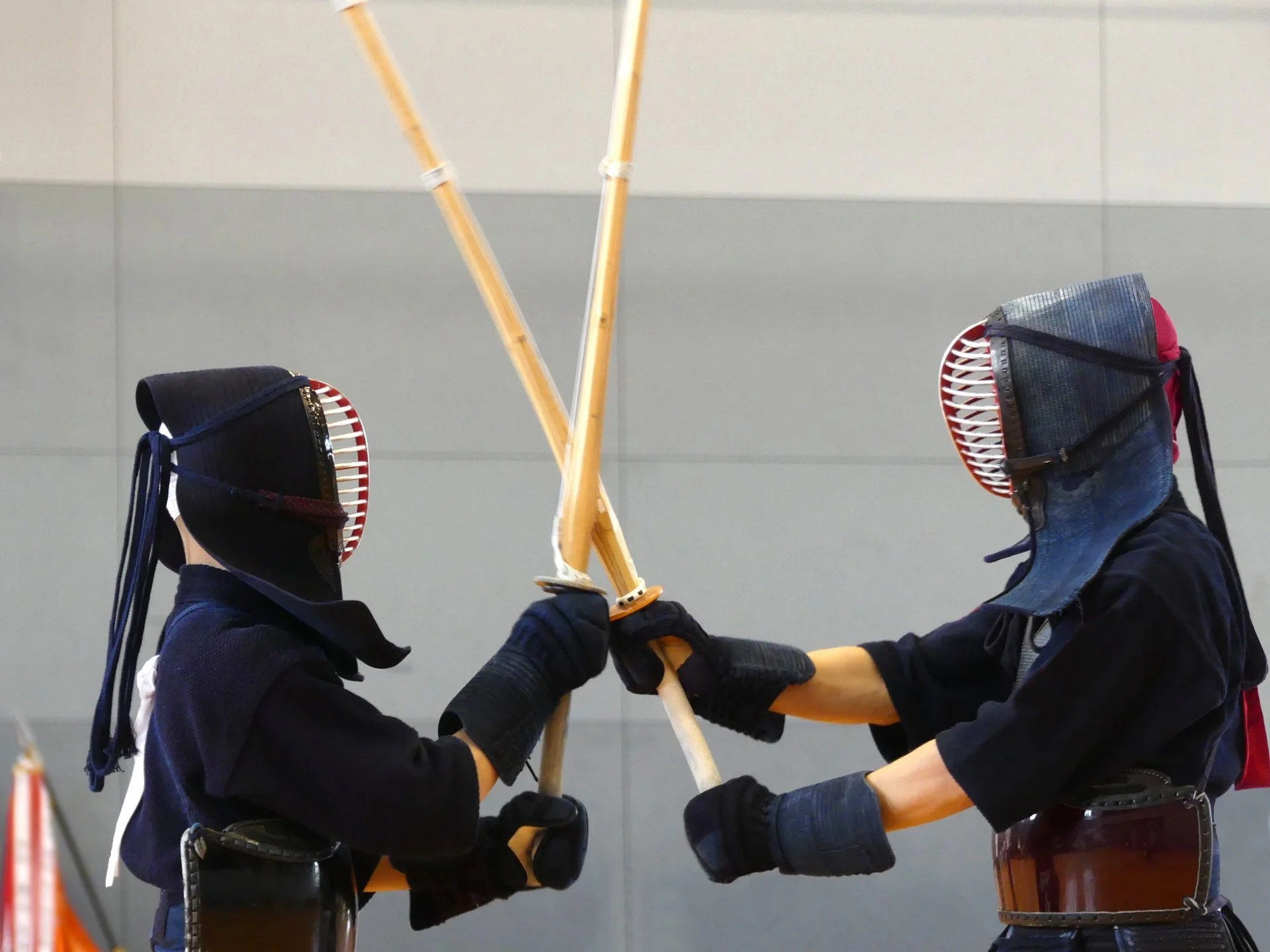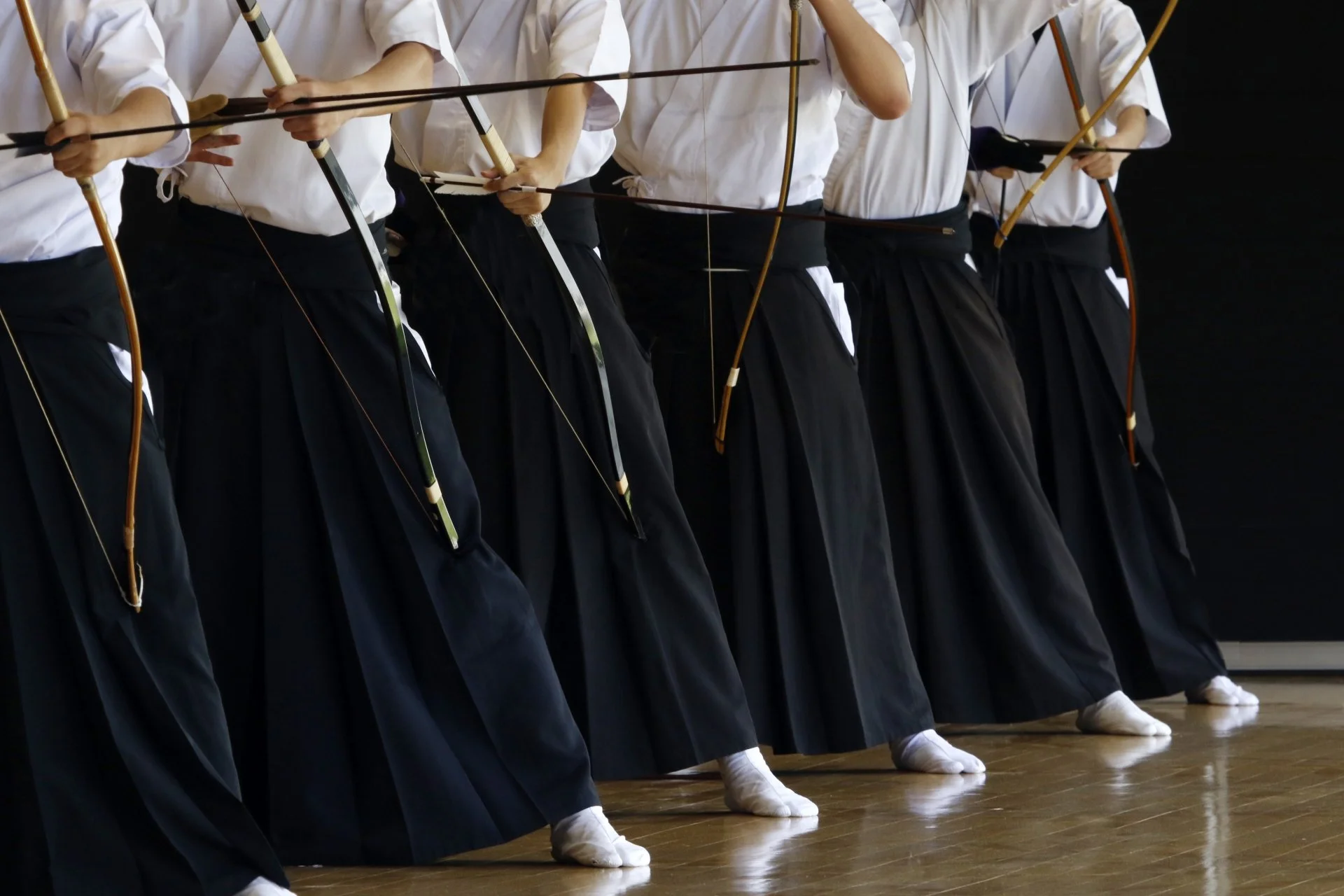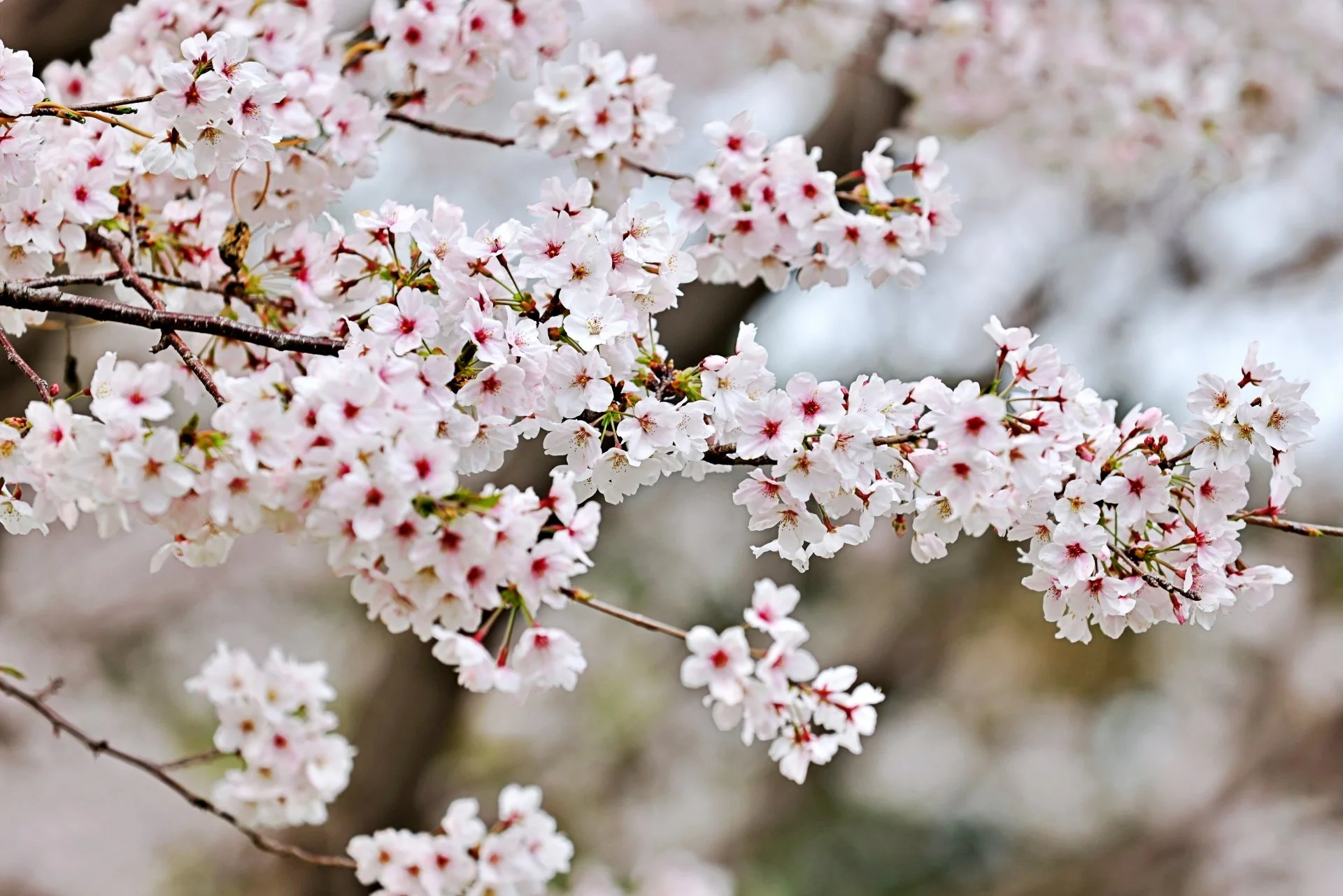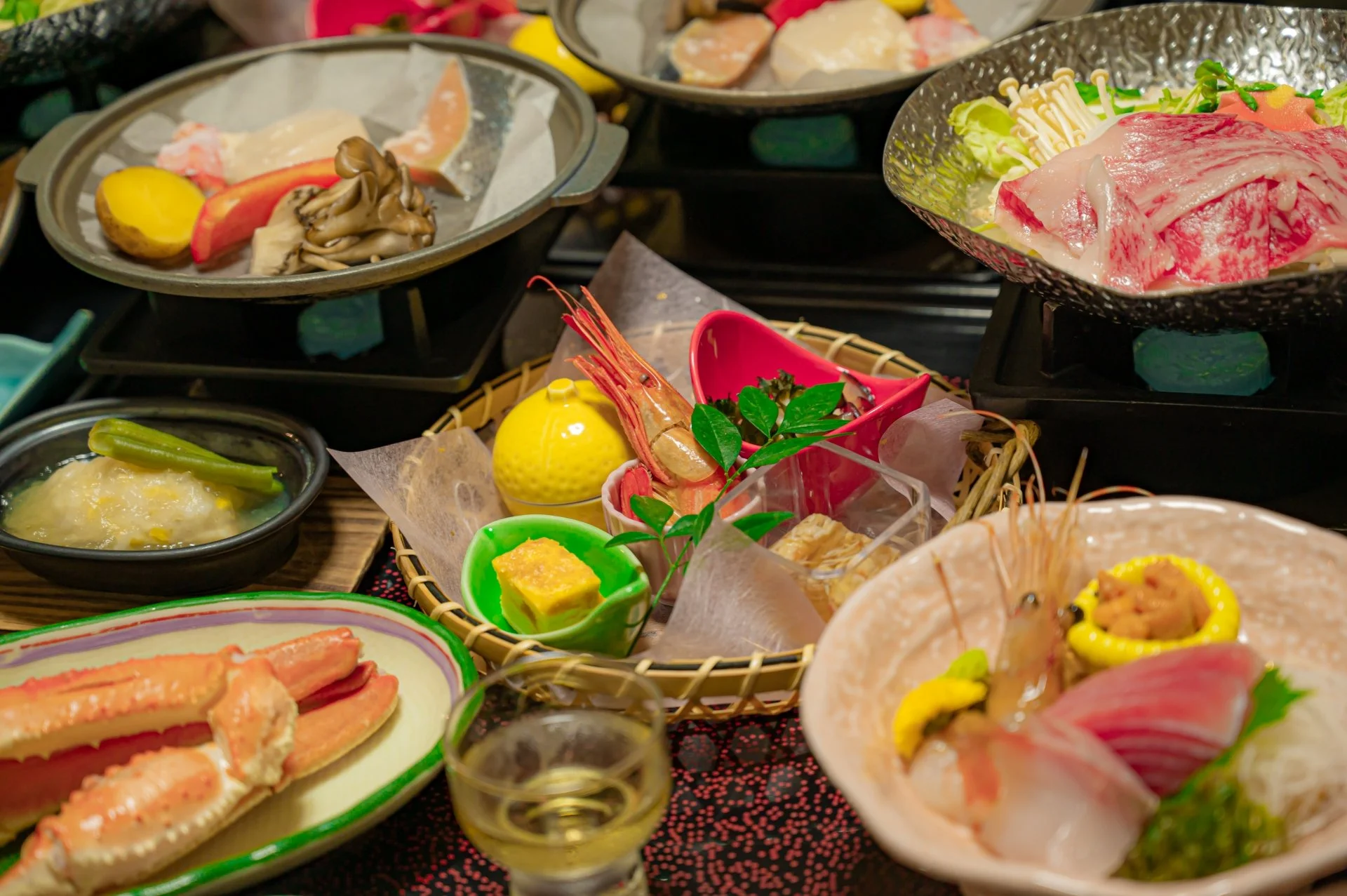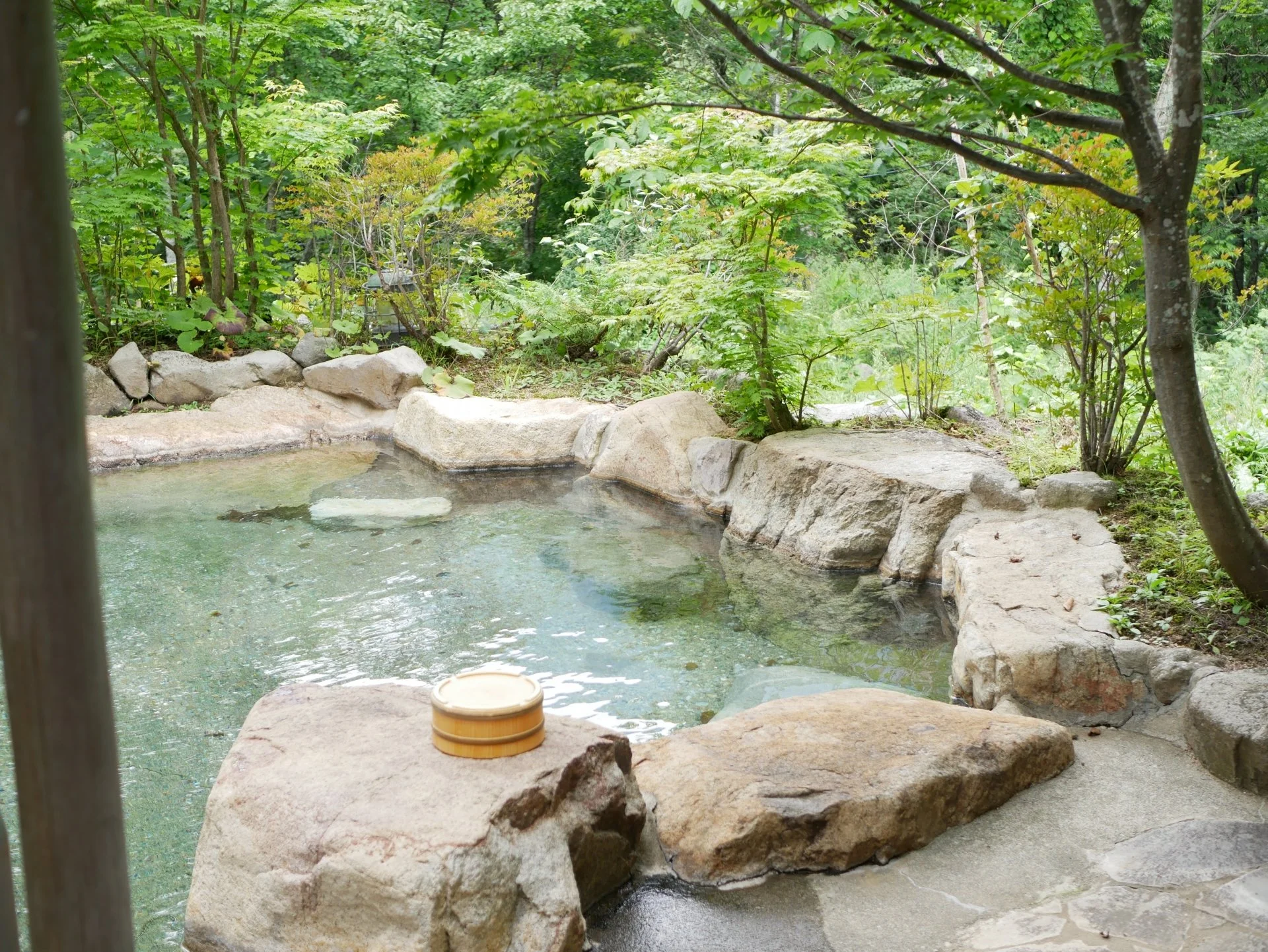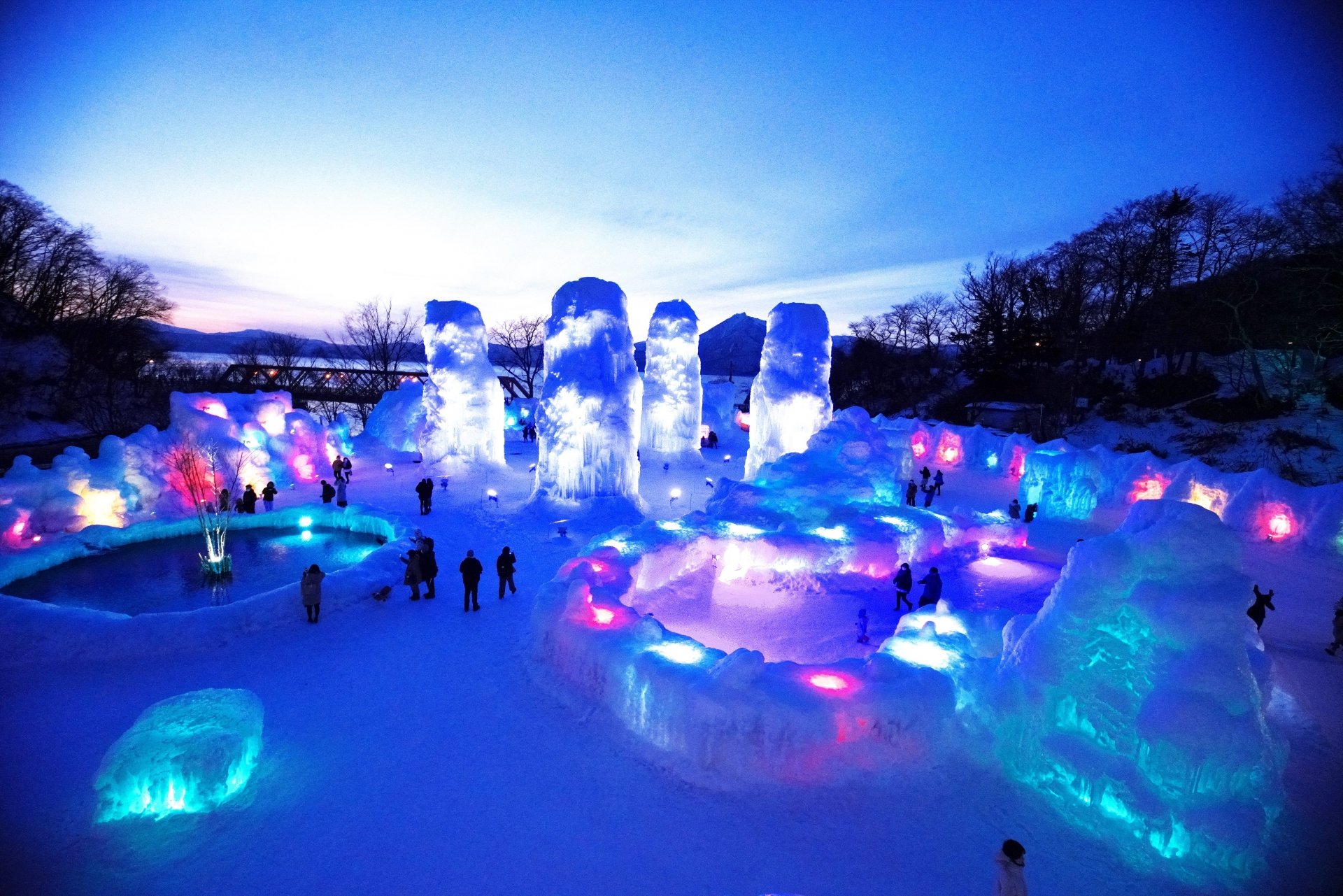Bridging Cultures






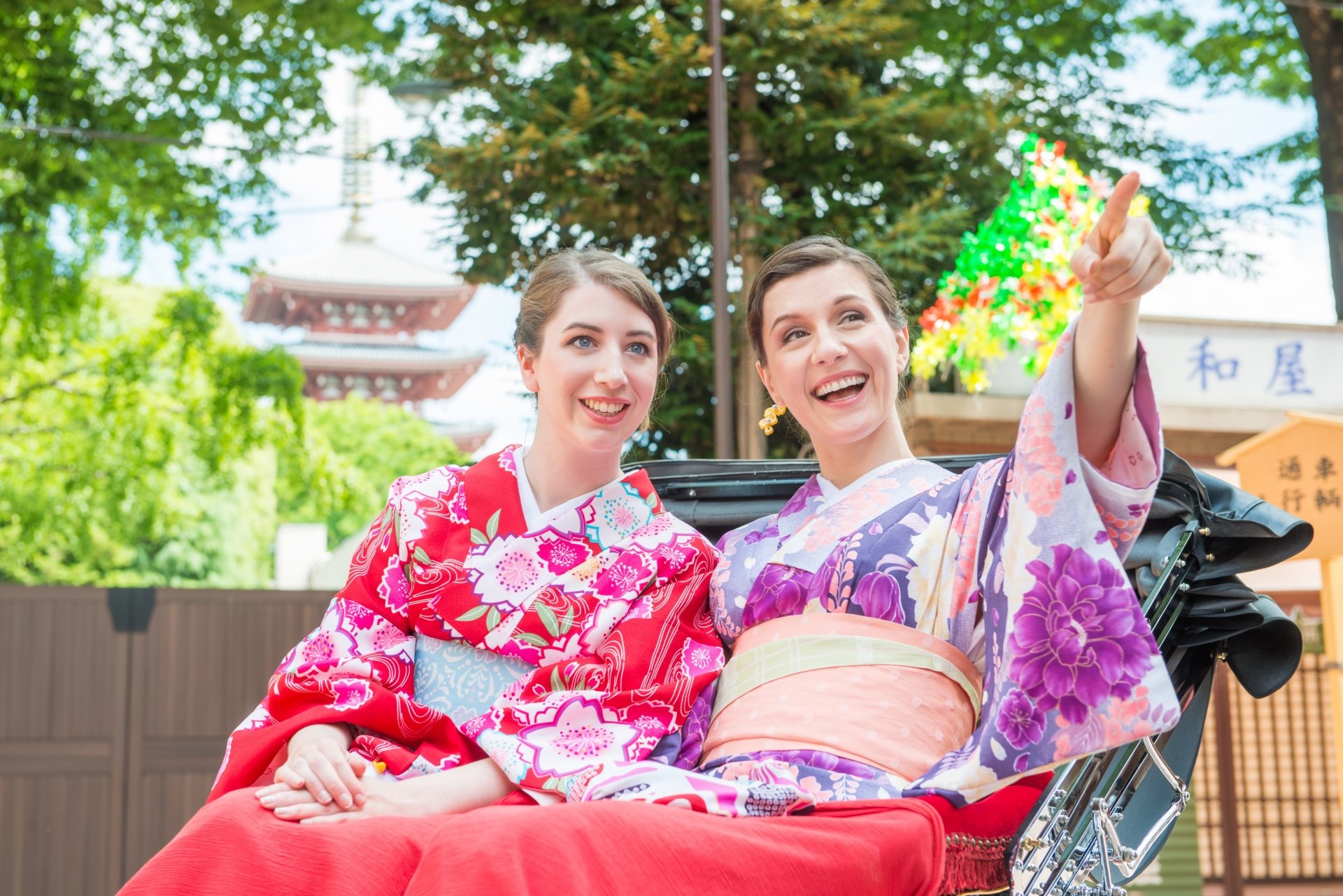



Let's learn about Japan, study and travel!
-
![]()
Foreigners who can and cannot work in Japan
This article will briefly explain the basic information that all foreigners who are trying to work in Japan or are working in Japan should know.
-
![]()
Japan as Seen from the World's Perspective
The number of tourists visiting Japan has already recovered to the pre-COVID-19 level. Along with the increase in the number of tourists visiting Japan, the number of foreigners who want to "move to Japan" is also increasing. Even so, there are probably many people who do not know what kind of country Japan actually is.
-
![]()
How should I choose a Japanese language school?
A Japanese language school is an institution that provides Japanese language education mainly for non-native speakers of Japanese, with the aim of helping them acquire the Japanese language and grow to be able to use it in their daily lives. We recommend that those who wish to learn Japanese and work in Japan in the future attend a Japanese language school.
-
![]()
【First trip to Japan】Preparations and Things to Know Before Traveling
Japan is a country with a wide variety of attractions, including superb scenic spots that change their appearance with the seasons, exquisite cuisine, and places where you can experience traditional culture and history.
-
![]()
Which is better, traveling or studying abroad if you go to Japan?
The duration of stay, costs, primary objectives, and the experiences gained from traveling and studying abroad are entirely different. This article will provide a detailed explanation of the differences between traveling and studying abroad.
-
![]()
How can I study abroad in Japan?
In recent years, more and more foreign students have been coming to Japan to study. In this article, we would like to explain the appeal of studying in Japan and the procedures for studying in Japan for foreign students who are currently considering studying in Japan.
-
![]()
What are the characteristics of Japanese culture? Let's learn about Japanese traditions and customs.
What are the characteristics of Japanese culture? Among the diverse characteristics, let us review the features of four main genres.
-
![]()
How do foreigners work in Japan?
There are many types of visas (status of residence) that allow foreigners to work in Japan. However, it is important to note that each type of visa (status of residence) may have restrictions on the type of work and hours.
-
![]()
Japanese Traditional Culture Ranking
We conducted a survey of about 500 foreigners about Japanese traditional culture. What kind of traditional culture is popular among foreigners? What kind of places are foreigners interested in? These are the results of the survey.
-
![]()
Working in Japan on a Working Holiday Visa
A working holiday can be taken by people between the ages of 18 and 30 (with some exceptions) for the main purpose of vacation. In Japan, about 15,000 foreigners come to Japan each year on a working holiday. The unique feature of this visa is that it allows you to work during your stay, not just vacation.
-
![]()
Traditional Japanese Sports
When you think of traditional Japanese sports, what comes to mind? There are many traditional Japanese sports, including judo and karate. These sports are sometimes lumped together as budo (martial arts) because they share a common philosophy. So, in this article, we will introduce some of the traditional Japanese sports.
-
![]()
What is the difference between traditional Japanese culture “Budo” and “Sports”?
Jūdō, kendō, sumo, etc. are lumped together under the term “budō” (martial arts), whereas other athletic disciplines are called “sports. While many people may have a sense that “budo” comes from the traditional Japanese martial arts, not many can clearly answer the difference between “budo” and “sports. Here, we will go back to the roots of “budo” and “sports” and explain the distinct differences between the two.
-
![]()
Characteristics and Attractiveness of Japan's Four Seasons
Japan's four seasons (shiki) are divided into three months, with each spring, summer, fall, and winter having its own characteristics. The reason why the climate differs greatly from season to season is that the country is located in the mid-latitudes and surrounded by the sea on all sides. Although there are other countries with four seasons, it is rare to find a country with such distinct differences as Japan.
-
![]()
Japanese Food Culture
Japanese food culture has developed in accordance with the climate of each region and the changing times, and has been handed down to the present. 2013 saw the registration of Japanese food, the traditional food culture of the Japanese people, as a UNESCO Intangible Cultural Heritage.
-
![]()
“Onsen” (hot springs) and Relaxation Culture in Japan
“Onsen” (hot springs) are very familiar to the Japanese people.
Japan is home to approximately 10% of the world's active volcanoes and is blessed with volcanic hot springs. In this article, we will introduce you to the world-class Japanese culture of onsen in an easy-to-understand manner.
-
![]()
How to Enjoy Autumn Leaves in Japan and the Best View of Autumn
Since ancient times, Japanese people have long sought out the vibrant Leaves that washes over the mountains and valleys in autumn. Fast forward to today and you can still find travelers flocking to famous autumn leaves spots in fall, even visitors from overseas who come for this season in particular.
-
![]()
Autumn Outdoor Experiences in Japan
Moderately cool and pleasant autumn is the perfect season for camping and hiking. In this article, we will introduce recommended hiking spots, campgrounds, glamping facilities, and the charms of Japan's autumn outdoor experience. Please be sure to read to the end.
-
![]()
Famous Winter Festivals in Japan
Winter will soon be upon us.
Winter in Japan offers many attractions such as beautiful scenery, fun events, and seasonal foods. Winter festivals, in particular, are unique to this season.
Winter festivals range from traditional events with deep histories to festivals with modern illuminations. Here is some information on winter festivals in Japan.
